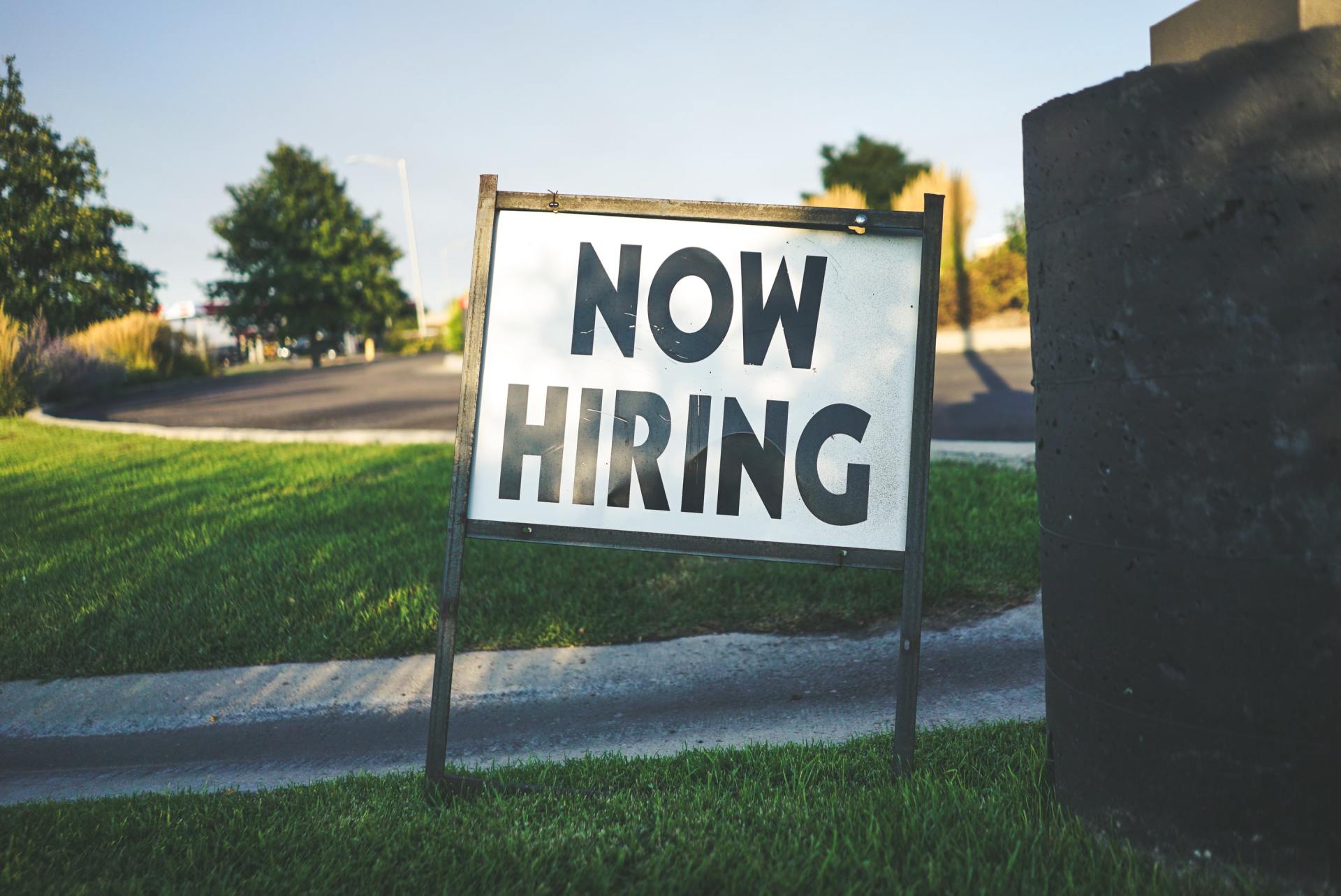
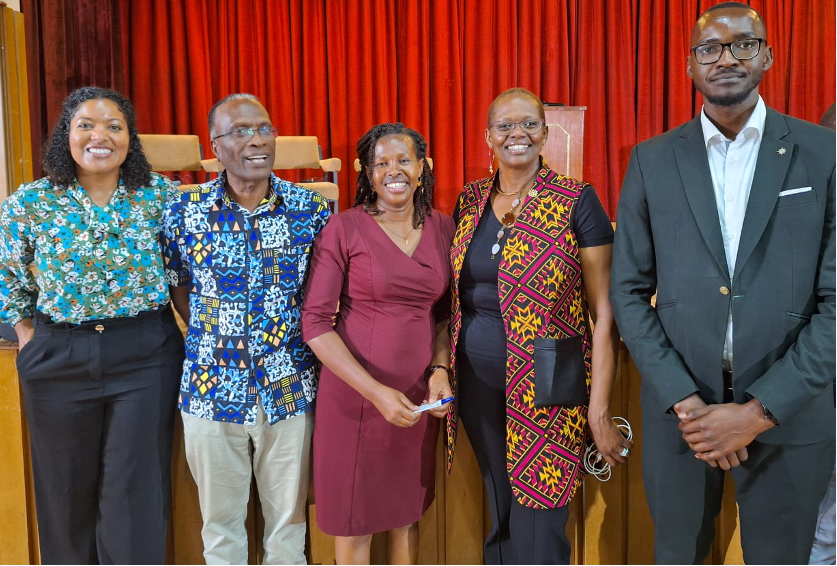
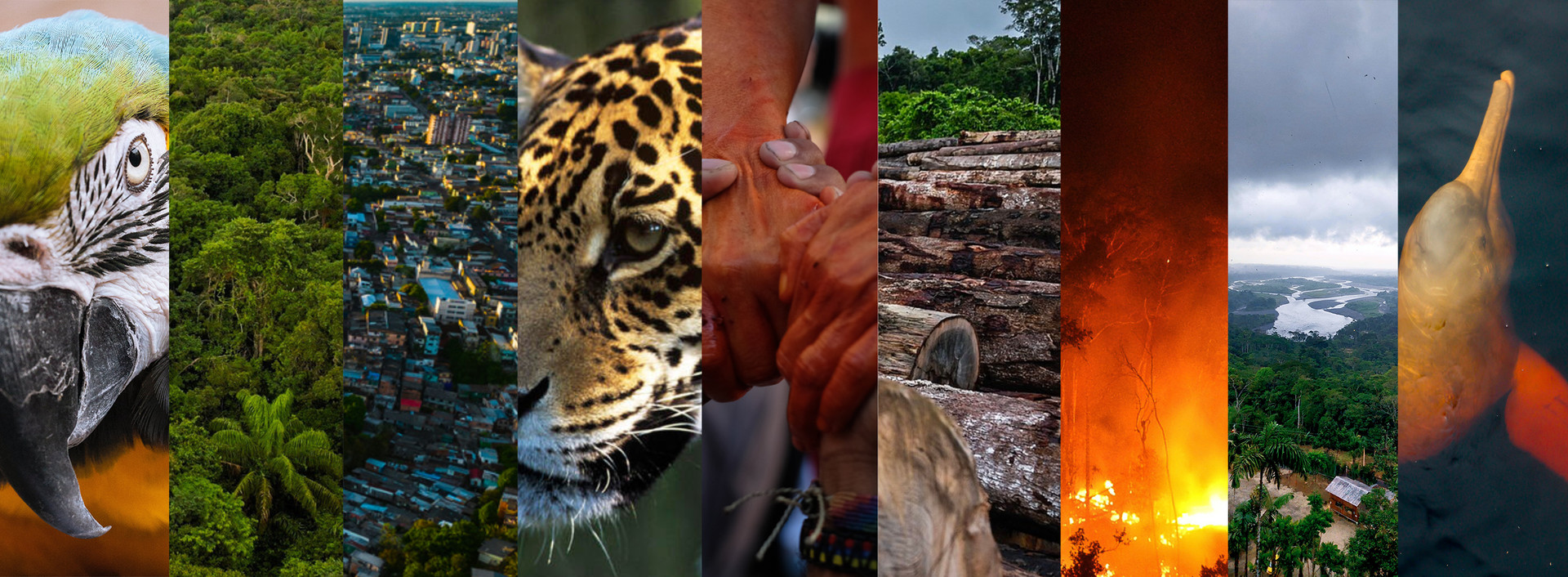
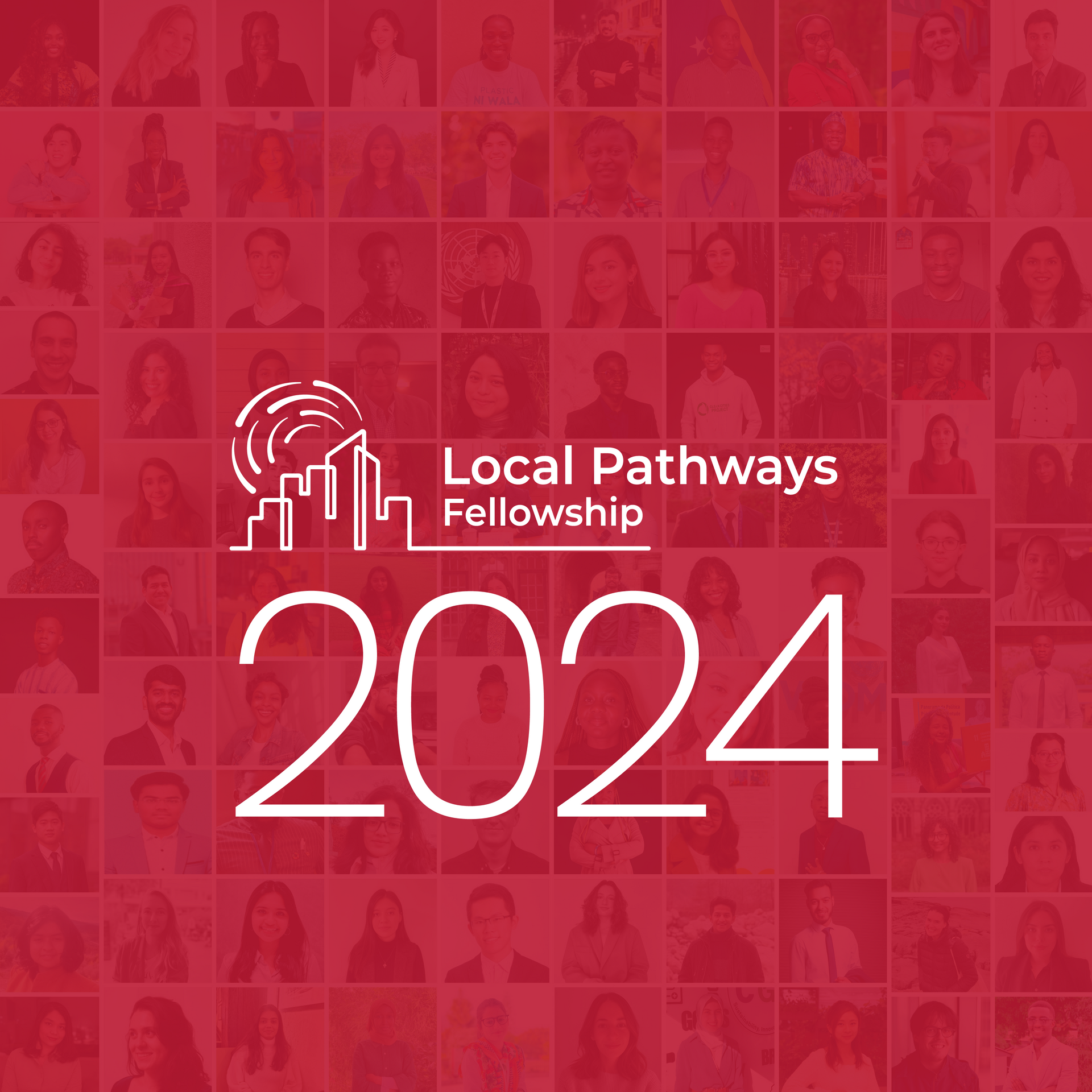
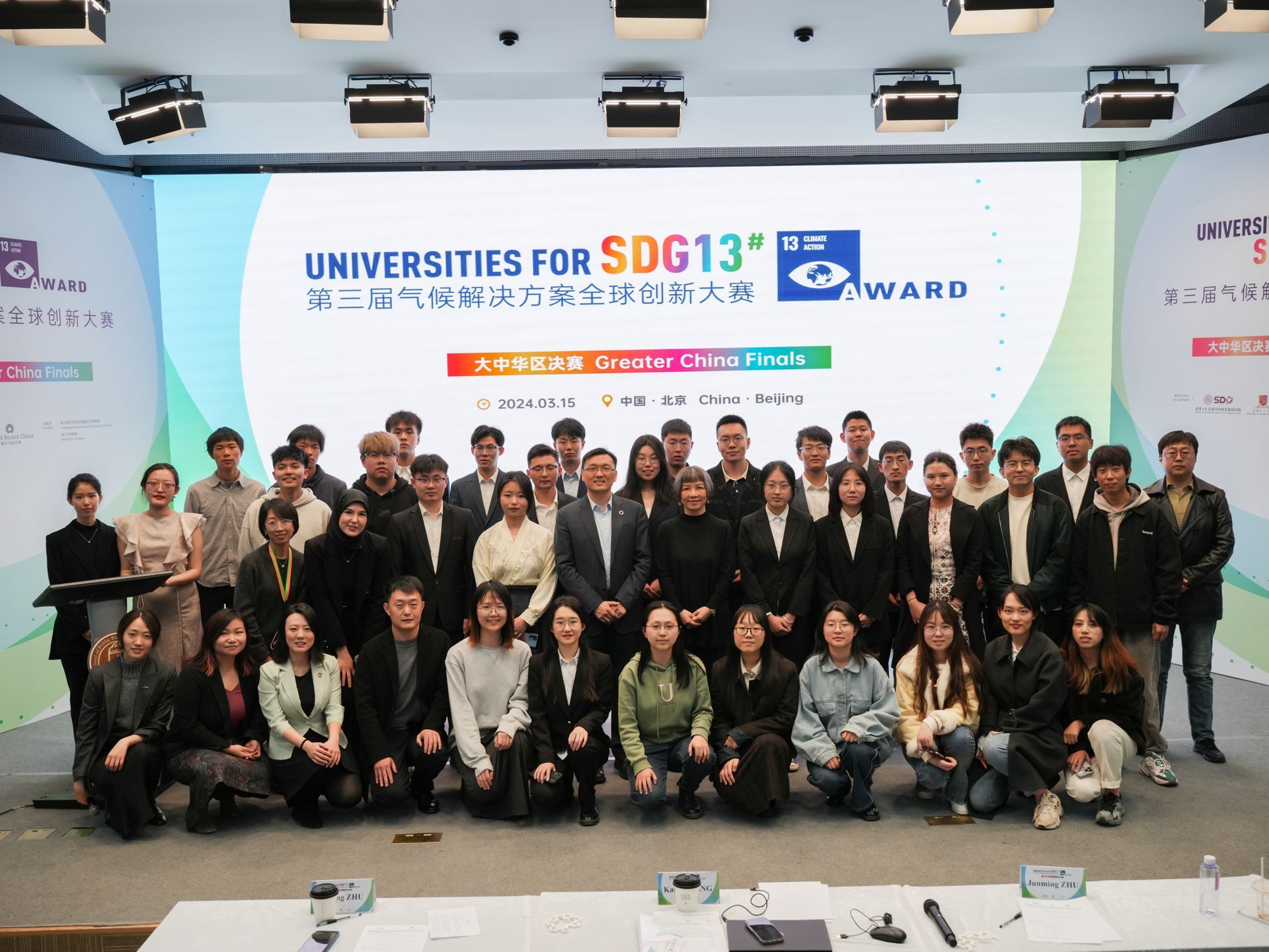
Watch the webinar recording:
On November 21, 2022, SDSN and the Center for Sustainable Development at Columbia University (CSD) hosted the second of three webinars to discuss the Lancet COVID-19 Commission’s findings and recommendations, as presented in their final report: The Lancet Commission on lessons for the future from COVID-19.
The Lancet COVID-19 Commission, which ran from July 2020 to October 2022, was an interdisciplinary initiative encompassing the health sciences, business, finance, and public policy. From 2020 - 2022, the Commissioners and Task Forces focused on four main themes: (1) recommendations on how to best suppress the epidemic; (2) addressing the humanitarian crises arising from the pandemic; (3) addressing the financial and economic crises resulting from the pandemic; and (4) rebuilding an inclusive, fair, and sustainable world.
The Webinar on Global Health Finance and Governance presented opportunities for global health leaders to discuss the mechanisms and coordination of international financing efforts for pandemic preparedness and recurrent health systems costs; collaboration between the development finance institutions and normative health bodies like the World Health Organization (WHO); and national and regional plans for health system needs and governance.
Prof. Jeffrey Sachs, Chair of the Lancet COVID-19 Commission, framed the high stakes and challenge of poor health systems and preparedness succinctly: the COVID-19 pandemic has had an estimated death toll of 18 million. He then summarized the relevant recommendations of the Commission for global health governance:
Prof. Jeffrey Sachs stressed that Universal Health Care (UHC) does not exist yet, and that the shortfall is most dire in the poorest parts of the world. He emphasized, “There is nothing that prevents us moving the resources to achieve UHC, but poverty remains the biggest killer.” He presented maps to show that 30-year gaps in life expectancy between high-income countries such as Japan and low-income countries in sub-Saharan Africa correspond closely to gaps in health expenditure that vary by two orders of magnitude. These maps also corresponded to those showing COVID-19 vaccine coverage. Prof. Sachs expressed hope for a breakthrough of funding to be announced at the 2023 Global Summit on UHC in September 2023 at the UN General Assembly.
Dr. Mike Ryan, Executive Director of the WHO Health Emergencies Programme, pointed out that global targets for UHC (Sustainable Development Goal 3.8) do not include public health functions to address epidemics and pandemics. He argued that essential health care and essential public health services should be delivered at the same time through a primary health care-led system that is fully integrated and interoperable, stating, “The last mile of health delivery – primary healthcare – is the first mile of health security.”
Dr. Ryan outlined the five essential functions for emergency health preparedness and response: safe scalable care, community protection, collaborative surveillance, access to countermeasures, and coordination. These require greater levels of sustainable financing to fill the gap (estimated at more than 10 billion USD a year), aligned and coordinated through multilateral funding mechanisms with an effective governance system. Dr. Ryan cautioned that the Pandemic FIF at the World Bank does not address at-risk funding for downstream access to countermeasures, which may need a commitment (triggerable fund) to scale up funding in the event of an epidemic or other emergency. He lamented the disintegration of the preparedness system into hundreds of vertically funded plans rather than one national plan, which drives corruption and fractures support. Dr. Ryan also spoke of the progress toward the global pandemic accord, and welcomed the close collaboration of the World Bank, the G20, and the WHO on health governance.
Prof. Sachs clarified the two kinds of funding being discussed. The first was ongoing funding for health systems, which face the fundamental problem of poverty, as government budgets in a significant part of the world cannot cover recurrent costs. The second was funding for emergency responses to pandemics, which requires an elastic supply of financing, as was seen in the trillions of dollars spent to combat COVID-19 in the rich countries, whereas financing for mechanisms like COVAX was almost impossible to raise.
Dr. Juan Pablo Uribe, Global Director for Health, Nutrition & Population, and the Global Financing Facility at the World Bank, provided context on the World Bank’s Pandemic FIF. He acknowledged that although the FIF is confronted with needs and expectations many times bigger than the 1.5 billion USD already committed, it has brought together institutions, governments, and civil society, and there are many opportunities to strengthen its governance, decide on the guiding results framework, and bring sustainable additionality to low-income countries. He clarified that the FIF is not exclusively for IDA countries; it is also for IBRD and middle-income countries. COVID-19 provided lessons about the need for countries to work together regionally, and Dr. Uribe praised examples of strong coordination in Africa for the regional CDC and vaccine procurement mechanisms.
Speaking from his experience in his home country of Colombia, Dr. Uribe stated the need for national pandemic preparedness plans, as recommended by the Commission, and the necessity of investment in country-level capacities. He also mentioned the Bank’s $34 billion portfolio of country-owned projects for health systems strengthening, most of them focused on primary healthcare and UHC. The Bank tries to align platforms and instruments behind country leadership for a bottom-up and country-driven approach.
Dr. Uribe concluded by outlining the Bank’s main concerns. First, the 2023 report on UHC prepared with WHO anticipates a backslide of progress towards UHC. Second, without a properly trained and sustained workforce, health systems will not function. And third, 75-80% of the costs associated with pandemics are recurring costs, which are not sustainably funded at this point. Pandemic preparedness and prevention are long-term measures and are part of health systems created through decades of continuous and sustained investment. This requires political leadership and confrontation of the determinants of health — poverty, inequity, and discrimination.
Prof. Sachs praised the strong link of WHO and the Bank. He laid out the arithmetic to show the fundamental need of development finance to cover recurrent costs as well as capital costs using the illustrative case of the national budget of a developing country. If country at a per capita GDP of $1000 USD raises between 15-20% of GDP in government revenues and can manage even 4% of GDP in health outlays, that is still only $40 per person, which is not enough to run a health system. The recurrent costs – mainly for salaries – of a health system therefore cannot be found in the national budget. These recurrent costs can be covered by debt finance if the terms of the debt are concessional: 30–40-year loans at 4% interest to raise between 500 billion to 1 trillion USD per year.
Ms. Joy Phumaphi, Co-Chair of the Global Preparedness Monitoring Board (GPMB), emphasized the importance of finance for research and development, innovation, access to countermeasures, social protection, and mental and psychosocial health. She argued that multisectoral preparedness in terms of trade, travel, and supply chains also hampered the global response to the pandemic and called for an examination of the human development aspect of the issues, include health workforce training.
She stated that GPMB calls for a whole-system multi-sectoral approach to preparedness, with a coordinating governance mechanism to link national and regional players from the private sector and international processes. As the GPMB prepares its new monitoring framework, it is seeking to address what needs to be financed, and how to ensure more sustainable and deliberately structured finance. Ms. Phumaphi asserted that that the Lancet COVID-19 Commission report takes the world in the right direction, but a broader and more ambitious approach with more stakeholders involved is necessary to adequately strengthen accountability for preparedness.
Prof. Mariana Mazzucato, professor of the Economics of Innovation and Public Value at University College London and Chair of the WHO Council on the Economics of Health for All, proposed that Health for All should be our public purpose, from which we backtrack to design an economy to deliver that goal. She stressed that the economic cost of not investing in global health systems is much greater than the cost of action, just like for climate change. Her talk addressed four aspects of the combination of public purpose and health for all: value, innovation, financing, and public sector capacity on the ground.
First, Prof. Mazzucato argued that value is not only created in the private sector. She asked what it means to collectively create value and share the rewards of value creation, seeing the people who do care work in our economy (who are often women) as value creators, and properly supporting and paying them. She mentioned, for example, that public investment in drug innovation is not accounted for in private drug pricing. Next, she argued for a pre-distributive approach to collaboration between public and private actors for health innovation regarding intellectual property for health commodities such as vaccines. If the mission had been to vaccinate the entire world, then Prof. Mazzucato argued that the patents and prices of the eight vaccines for COVID-19 would have been structured very differently and provided for the common good.
Prof. Mazzucato said that financing is not neutral, and it matters how we structure finance with attention to access, universality, and quality. Finance for science must be patient and long-term. Global funding from the IMF and the Bank needs to increase rather than decrease the fiscal space for developing countries to invest in their own requirements for preparedness, and it must be governed transparently, inclusively, and universally. Finally, Prof. Mazzucato called for a better analysis of how austerity measures have led to the outsourcing and undermining of the public sector capacity of the healthcare system. She asked what it would mean to invest in outcomes-oriented procurement policy and argued for well-supported civil service and local administrations to strengthen our health systems and deliver on clear moonshots for Health for All.
In summary of the speakers’ presentations, Prof. Sachs proposed that to overcome fragmentation and splintering of the health systems, WHO should create a basic template of an integrated framework for health finance to facilitate a common approach.
The speakers then addressed questions from the audience posed by the moderator of the session, Ms. Juliana Bartels, a member of the Secretariat of the Lancet COVID-19 Commission. The first question asked whether there should be deliberate actions taken to stem the trend of the migration of health workers from poor countries to countries with better health systems. Dr. Ryan responded that the brain-drain from developing countries to feed health capacity in the Global North is due not only to the amount of money paid to a health worker, but also to the continuity and security of remuneration, career prospects, and merit-based promotion. Addressing this requires a sophisticated systems approach to incentivize health workers to stay in their home systems. Dr. Uribe agreed, stressing the need for a harmonization of regulatory frameworks to reduce the burdens of migration. Ms. Phumaphi added that lack of access to medicines, diagnostics, and laboratory networks also contributes to health worker migration.
The next question asked the panelists to consider how to address austerity measures that often require countries to cut health and education funding. In response, Prof. Sachs spoke about the SDG Stimulus Plan called for by UN Secretary-General António Guterres as a framework to increase the fiscal space for the SDGs, with MDBs as the primary instrument for expanded development finance. Dozens of countries will face budget crises in the next year, as they are hit hard by rising interest rates; sharp increases of food, energy, and fertilizer prices; existing debts; and tightening financial conditions. These countries require quality, long-term development finance for increased investments in the SDGs. Prof. Sachs also noted that national accounts should reclassify health and education spending as investments rather than consumptions. Dr. Uribe agreed that there is a lot of pressure on MDBs to step up capital and lending capacities and to restructure the operational models of the banks towards the mission of global public goods.
Dr. Ryan concluded the webinar on a hopeful note, looking to the future pandemic treaty and the re-assessment of the International Health Regulations to support nationally owned sovereign plans for health security that engage NGOs, civil society, and other stakeholders. He put forth a call to action, claiming that at a moment of historic risk, we have an unprecedented opportunity to protect and restore health.
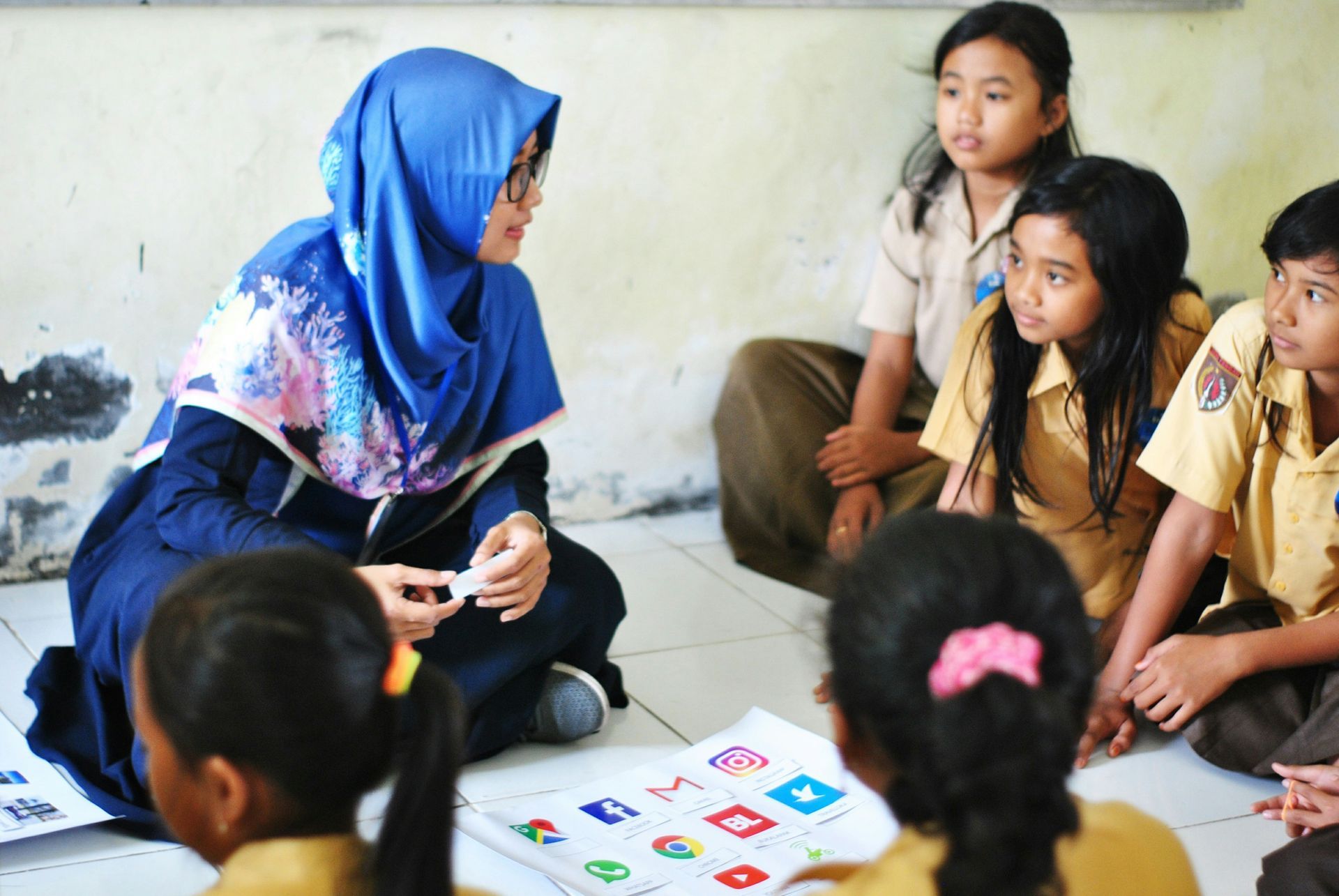





Get our latest insights, opportunities to engage with our networks, and more.
SDSN mobilizes global scientific and technological expertise to promote practical solutions for sustainable development, including the implementation of the Sustainable Development Goals (SDGs) and the Paris Climate Agreement.
Paris
19 rue Bergère
75009 Paris
France
+33 (0) 1 84 86 06 60
New York
475 Riverside Drive
Suite 530
New York NY 10115 USA
+1 (212) 870-3920
Kuala Lumpur
Sunway University
Sunway City Kuala Lumpur
5 Jalan Universiti
Selangor 47500
Malaysia
+60 (3) 7491-8622